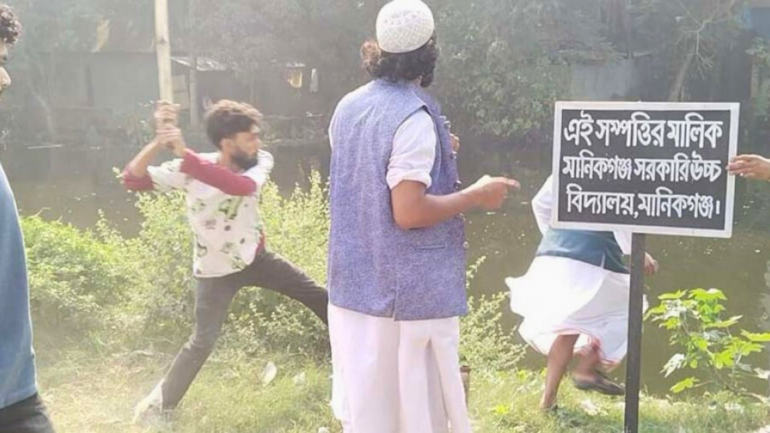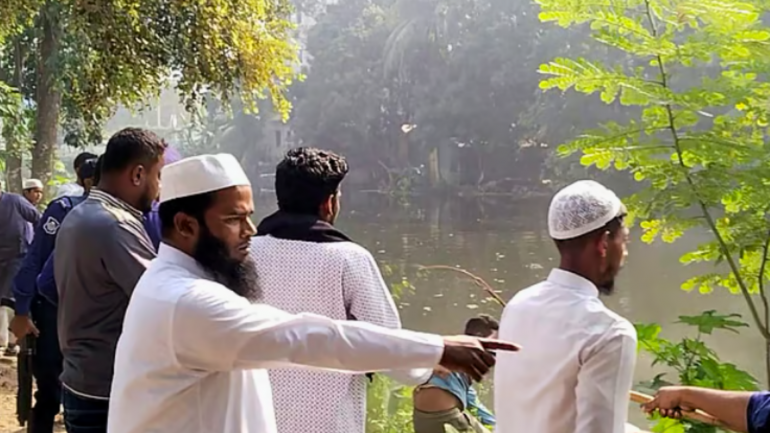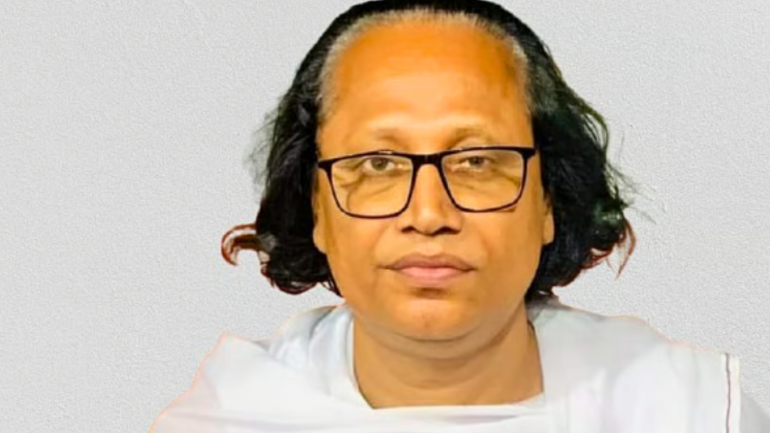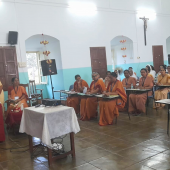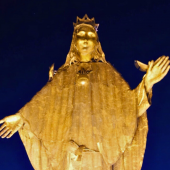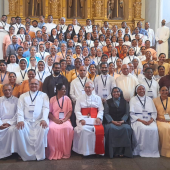Bangladesh: Popular Baul Artist Arrested for Alleged Religious Insult; Supporters Attacked
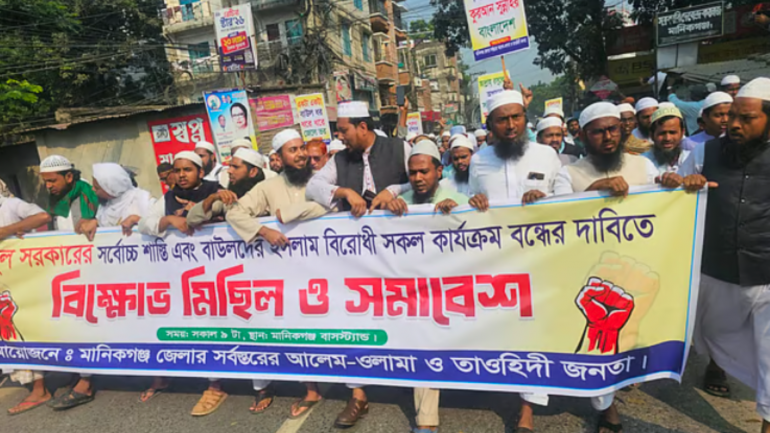
Renowned Baul artist Abul Sarkar has been arrested on charges of insulting religion during a musical performance, sparking protests and violence against his supporters. Sarkar was produced before the Senior Judicial Magistrate Court in Manikganj, central Bangladesh, on November 6, where the judge ordered him to be sent to jail.
The arrest follows a case filed by Mufti Md. Abdullah, Imam of the Ghior Bandar Mosque, alleging that Sarkar insulted the Islamic faith and incited communal unrest. According to the case statement, Sarkar made objectionable remarks about Islam and the creation of Allah during a Palagan event at Khala Paglir Mela in Ghior upazila on November 4. A video of his comments went viral on social media, triggering widespread criticism.
On November 5, the Manikganj Detective Branch (DB) of police arrested Sarkar from a singing event in Madaripur. He was brought to the district DB office the following morning. Later that day, Abdullah filed a case at Ghior police station, naming Sarkar as the accused. Sarkar was then taken to court and remanded to jail.
However, Sarkar’s assistant, Raju Sarkar, claims the controversy stems from a distorted video. “Instead of broadcasting the full speech, a group circulated a fragmented clip to create unrest,” he said. “Abul Sarkar did not criticize Allah. He questioned fundamentalists and asked which of the three creations of Allah came first.”
The arrest has heightened tensions among Baul artists. On November 22, members of the so-called Tawhidi Janata attacked Bauls who had gathered near the Shaheed Minar in Manikganj town to demand Sarkar’s release. Three people were injured in the assault. In Bangladesh, Tawhidi Janata refers to a loosely organized Islamist group or mass movement that rallies under the banner of Islamic monotheism (Tawhīd) to defend what they perceive as religious values.
A video went viral showing members of Tawhidi Janata calling for “catching Bauls one by one and killing them” and “catching Bauls one by one and sending them to jail” during their protest.
Baul Subas Rozario, a prominent Christian Baul artist and secretary of the Natore district convening committee of the Bangladesh Baul and Folk Artists Association, condemned the arrest and the attack. “Abul Sarkar is a victim of conspiracy,” Rozario told RVA. “I demand his release. I myself fear for my life. Singing has become risky, but I continue with courage.”
Rozario criticized the government’s inaction. “The attackers remain free. The government could arrest them but chooses not to, to appease certain groups,” he said.
Rights organizations have also expressed alarm. Abu Ahmed Faizul Kabir, Senior Coordinator of Ain O Salish Kendra (ASK), said, “ASK condemns the attack on a peaceful human chain organized by Sarkar’s supporters. Such violence violates constitutionally guaranteed rights to freedom of expression and peaceful assembly.”
Kabir cited Articles 37 and 39 of the Bangladesh Constitution, which protect cultural practices and civil liberties. “Attempts to obstruct art and culture under ideological pretexts are unlawful and against human rights,” he added. ASK noted a growing trend of threats and attacks on Baul artists, warning that failure to act emboldens anti-artistic groups and undermines the rule of law.
Baul music, a centuries-old spiritual folk tradition blending Sufi, Vaishnav, and Tantric elements, promotes love, humanity, and harmony beyond rigid religious rituals. Recent incidents, however, highlight the vulnerability of Baul artists in an increasingly polarized society.
As the case against Abul Sarkar proceeds, cultural activists and rights defenders urge authorities to ensure justice and protect Bangladesh’s diverse artistic heritage.
Radio Veritas Asia (RVA), a media platform of the Catholic Church, aims to share Christ. RVA started in 1969 as a continental Catholic radio station to serve Asian countries in their respective local language, thus earning the tag “the Voice of Asian Christianity.” Responding to the emerging context, RVA embraced media platforms to connect with the global Asian audience via its 21 language websites and various social media platforms.





